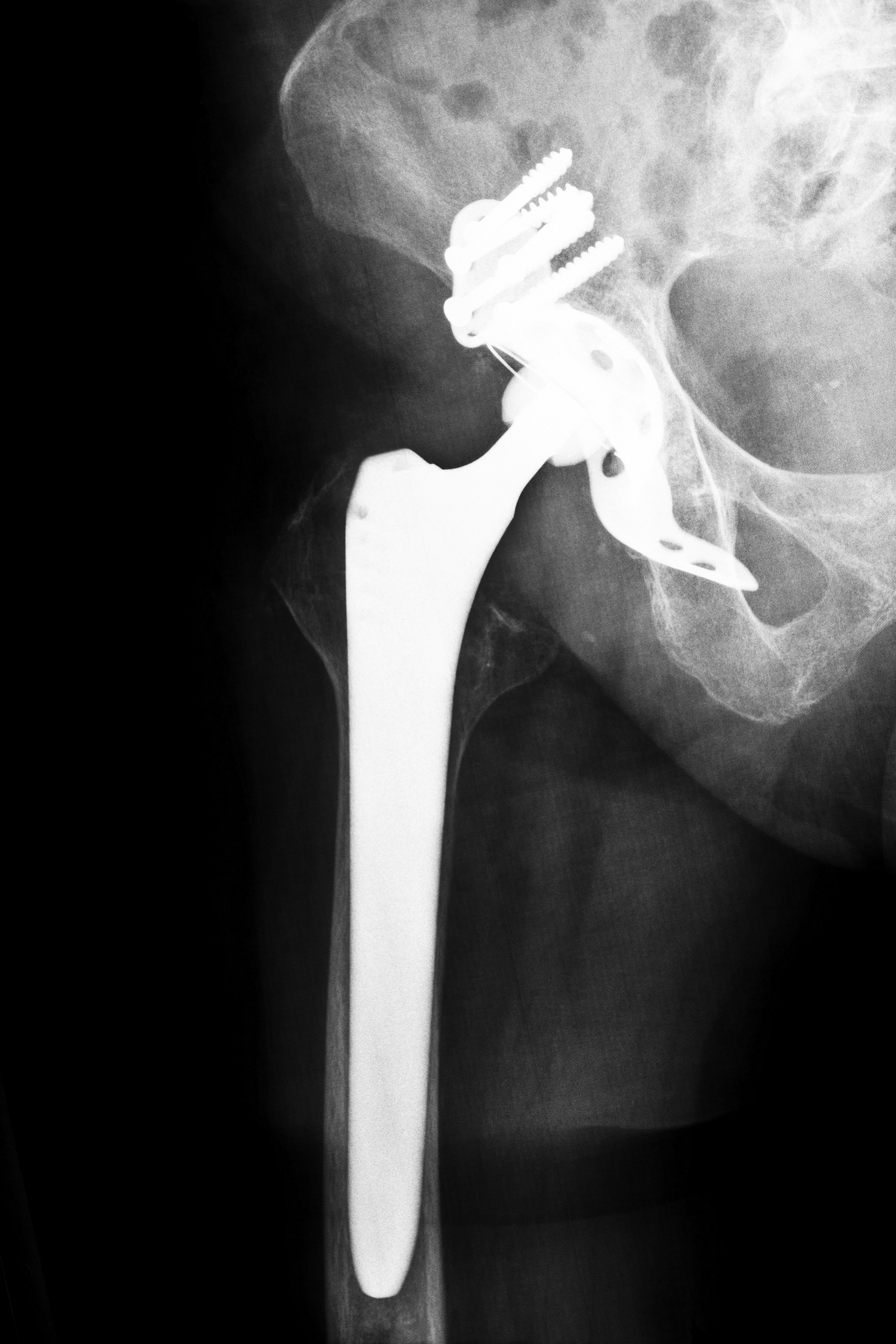Many people retire to Florida because of the great weather and easy access to outdoor living. However, all of this is a lot harder for people to enjoy when their hips don’t work properly. One option for damaged joints is replacement surgery, a serious undertaking that can give Floridians of all ages back their ability to move freely.
The Problem with Metal-on-Metal Hip Replacements
Hip replacements are special implants that take over the function of bones in the hip joint when the natural joint is severely damaged. They can be made from a number of materials, and a single implant may be made from several different types of materials. Metal-on-metal implants, also known by the acronym MoM, are called that because both the ball and socket of the replacement joint are made from metal.
MoM hip replacement implants were originally created to be stronger and more long-lasting. They were aimed at younger people who were likely to be more active and who would probably live long enough to need to have an implant with a shorter life replaced. However, they didn’t turn out quite as well as was hoped.
The problem with MoM hip replacement implants is that they rub together. This releases small pieces of metal into the body where it can poison the tissues. Localized effects include pain and inflammation near the joint replacement, and systemic reactions can include everything from depression to skin rashes. The reaction is referred to as metallosis, and it is a form of heavy metal poisoning.
The Additional Cancer Risk
As if the acute effects of being poisoned by the implant were not enough, Floridians with MoM hip replacements may also have to be concerned about a more long-term consequence. A study done in Britain using data from the last two decades has shown that there may be a significant increase in the rate of certain cancers among patients with MoM hip replacement implants.
The study compared the risk of patients with MoM hip replacements to the national average for the person’s given age, gender and other demographics. It found that an overall increase in cancer risk might be as high as 5 percent, and the risk of certain types of cancers could be even higher than that. The most common cancers found by the study were the skin cancers basal cell carcinoma and cutaneous melanoma, as well as prostate cancer.
Older studies have mentioned an increased risk of the dreaded “c-word.” However, they were generally dismissed by the scientific community at large. Attention has recently been brought to the poor performance of MoM implants in general, and with it comes some attention for other potential risks as well.
The Reality of MoM Implants
Although they are still available to Floridians who desire them for some reason, few experts would recommend a MoM implant at this point. However, the stated reason seems to mostly be the higher-than-expected failure rate, rather than any other risk they may pose. The FDA warns that the choice of a MoM implant should be carefully considered, but does not mention the possible increase in certain cancers in their missive. Instead, they blame it on high failure rates and the risk of metallosis. If you have been the recipient of such an implant and wish to know you rights, contact Attorney Group for Florida today.






